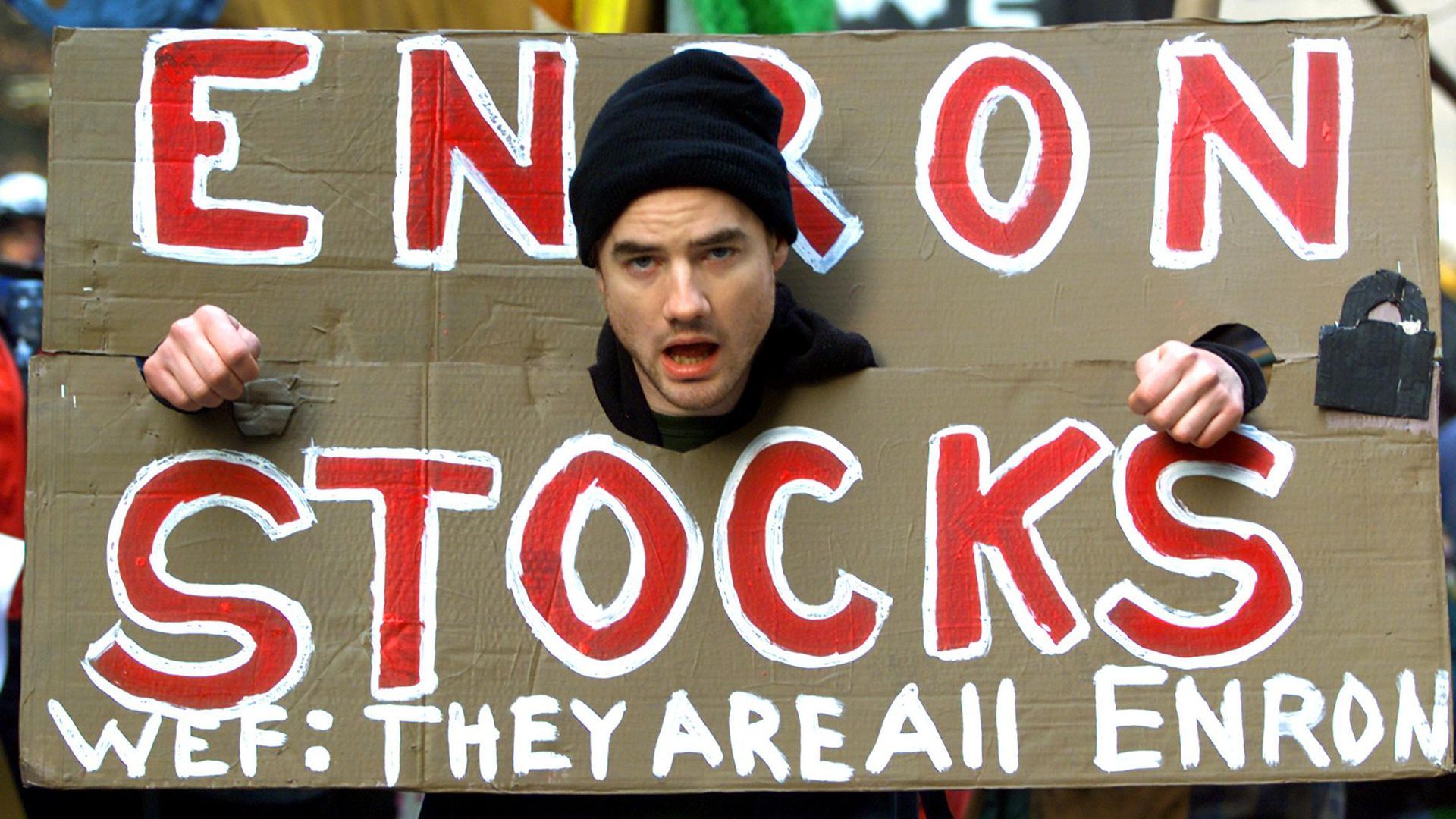| The now-bankrupt FTX's new CEO, John Ray III, introduced himself with a bang yesterday, Axios' Kate Marino writes. Driving the news: Four business days after FTX filed a surprise Chapter 11 case, FTX finally filed its "first day declaration," a document in which the company's executives tell the full backstory about why it sought bankruptcy protection. Why it matters: The highly anticipated declaration is a truly jaw-dropping tale that reads like a guy haphazardly running a scam with some friends as opposed to an account of the inner workings of a global financial empire, which some of the world's most sophisticated investors recently valued at tens of billions of dollars. - Ray doesn't hold back. "Never in my career have I seen such a complete failure of corporate controls ... From compromised systems integrity and faulty regulatory oversight abroad, to the concentration of control in the hands of a very small group of inexperienced, unsophisticated and potentially compromised individuals, this situation is unprecedented," he writes.
The big picture: The filing is fascinating for how blatantly Ray takes aim at founder and former CEO Sam Bankman-Fried (SBF). What they're saying: "It's very rare for the restructuring management team to come in, and right out of the gate just completely throw prior management under the bus like this," says Joe Pack, restructuring attorney and managing partner of Pack Law (he's not involved in the case). - "No one really understands yet exactly what's going on in this case. The professionals are figuring it out. But the one thing that they do understand is that the pre-petition directors and officers, specifically the founder, had to have done something bad," Pack tells Axios, of the contents of Ray's declaration.
Between the lines: In a typical bankruptcy — one that doesn't involve "unacceptable management practices" and "misuse of customer funds" (Ray's words) — pre-bankruptcy chief executives usually stay on for the sake of continuity, and to provide the benefit of their institutional knowledge. - After all, it's harder to reorganize if the people who know all of the things (like, you know, where the money is!) aren't even accessible.
- Ray makes clear that SBF no longer speaks for the company he founded — calling him out for "continuing to make erratic and misleading public statements" — and says numerous times that balance sheets created under SBF's watch are not to be trusted.
The big question: Where are FTX's assets? It had no accounting department or cash management system, so even basics like where cash sits are a mystery. As for the digital assets, they've located "only a fraction" of what they hope to recover, according to the declaration. - Ray says he's leading an investigation with FTX lawyers at Sullivan & Cromwell, a team that includes two former regulators and a former prosecutor, and forensic and cybersecurity professionals. The company is also now in contact with "dozens of regulators" in the U.S. and around the world.
The bottom line: The adults have entered the room to clean up the mess. | 






No comments:
Post a Comment